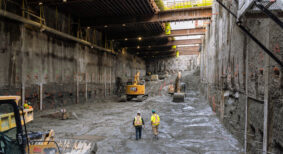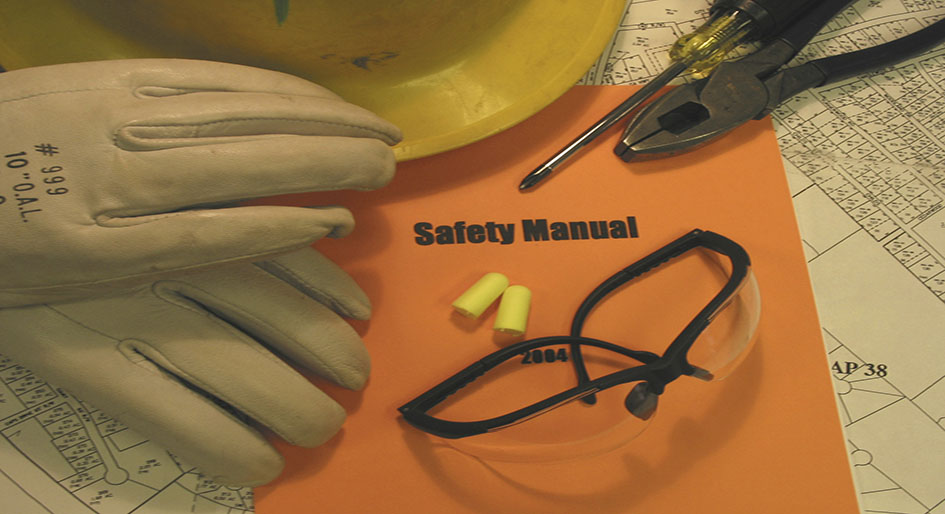With the situation around the spread of COVID-19, the BC Construction Safety Alliance’s (BCCSA) senior research scientist, Melanie Gorman Ng, has prepared specific information for the construction industry.
The COVID-19 pandemic is a rapidly evolving situation that now requires immediate action. The number of cases will continue to rise exponentially if action is not taken.
As of March 17th there are 103 confirmed cases of COVID-19 in British Columbia and there have been four deaths. Cases have been reported in all regions of B.C. The true number of cases may be higher since not everyone who has symptoms is eligible for testing. We now have evidence that the virus is spreading in our communities, even among people who have not travelled outside BC. This means that we are at a critical stage where we must contain the virus before many more become infected and our health care system becomes overwhelmed.
The virus can be transmitted by:
- Breathing in droplets in the air that are generated when people cough or sneeze.
- Close contact with other people (e.g. shaking hands or hugging).
- Touching contaminated surfaces and then touching the face, mouth, or food.
- Touching a contaminated surface and then touching another surface may cause the virus to transfer from one surface to another.
The symptoms of the virus include: fever, cough, difficulty breathing, sore throat, sneezing. The BC Ministry of Health has developed a self-assessment tool to help people determine if they need further assessment for COVID-19. It is available at https://COVID19.thrive.health/
People who have been infected with COVID-19 may not exhibit any symptoms for up to 14 days but can still transmit the virus during that time.
The following are recommendations to the construction industry:
• Do not permit anybody to enter a worksite if: They or a member of their household have travelled outside the country within the past 14 days or They or a member of their household have exhibited symptoms of COVID – 19 in the last 14 days.
• Ensure that all workers are able to maintain at least a two metre distance from one another at all times. If this does not allow you to complete a job safely then the job should be delayed.
• Ensure that handwashing stations and hand sanitizer are available for all workers. The BCCDC has issued proper hand-washing guidance here: http://www.bccdc.ca/HealthProfessionals-Site/Documents/COVID19_Handwashing%20Poster_MD%20offices.pdf
• Frequently disinfect high-touch surfaces (e.g. doorknobs, handles, control panels) and eating areas with antimicrobial cleaners or bleach (1 part bleach to 9 parts water).
• All workers should change their clothing and remove their shoes immediately upon arriving home.
• Avoid meeting with clients or potential clients in person.
• Avoid entering clients’ homes.
• Avoid air travel.
• Do not hold or attend any meetings or conferences with more than 50 participants.
• Prepare to suspend all non-essential operations. This situation is evolving rapidly and further restrictions will likely be required in the coming days, weeks and months.
The provincial and federal government have announced that they are putting together financial aid packages for businesses and workers to respond to the inevitable business slowdown.
For further information:
The BC Centre for Disease Control (BCCDC) has a toll-free phone line for up-to-date information about COVID-19 including travel advice, social distancing recommendations and access to federal and provincial support and services. It is open from 7:30 am to 8 pm 7 days a week. The number is 1-888-268-4319 (1-888-COVID19).
Information on COVID-19 guidance in BC is available on the BCCDC website at: http://www.bccdc.ca/health-info/diseases-conditions/covid-19
Health Canada also has a website with guidance on COVID-19 available at: https://www.canada.ca/en/public-health/services/diseases/coronavirus-disease-covid-19.html









